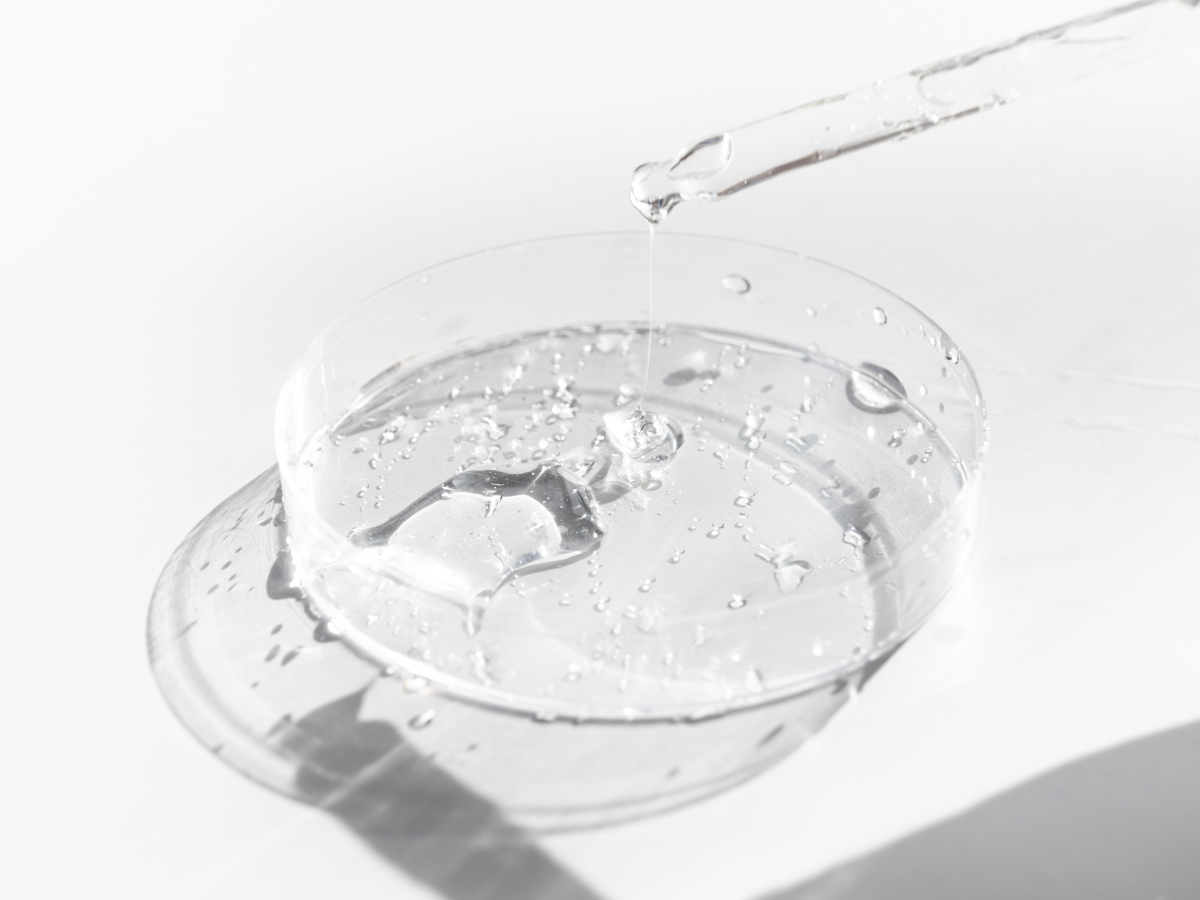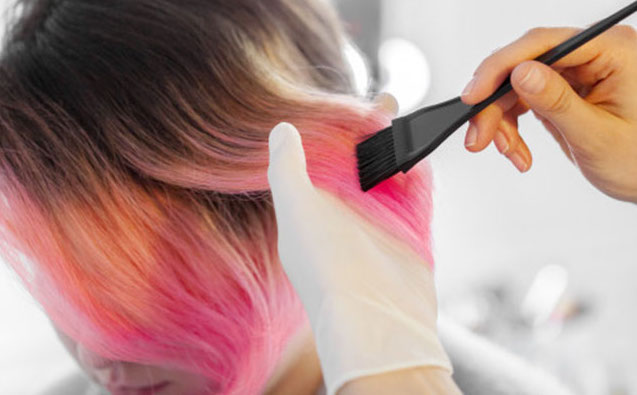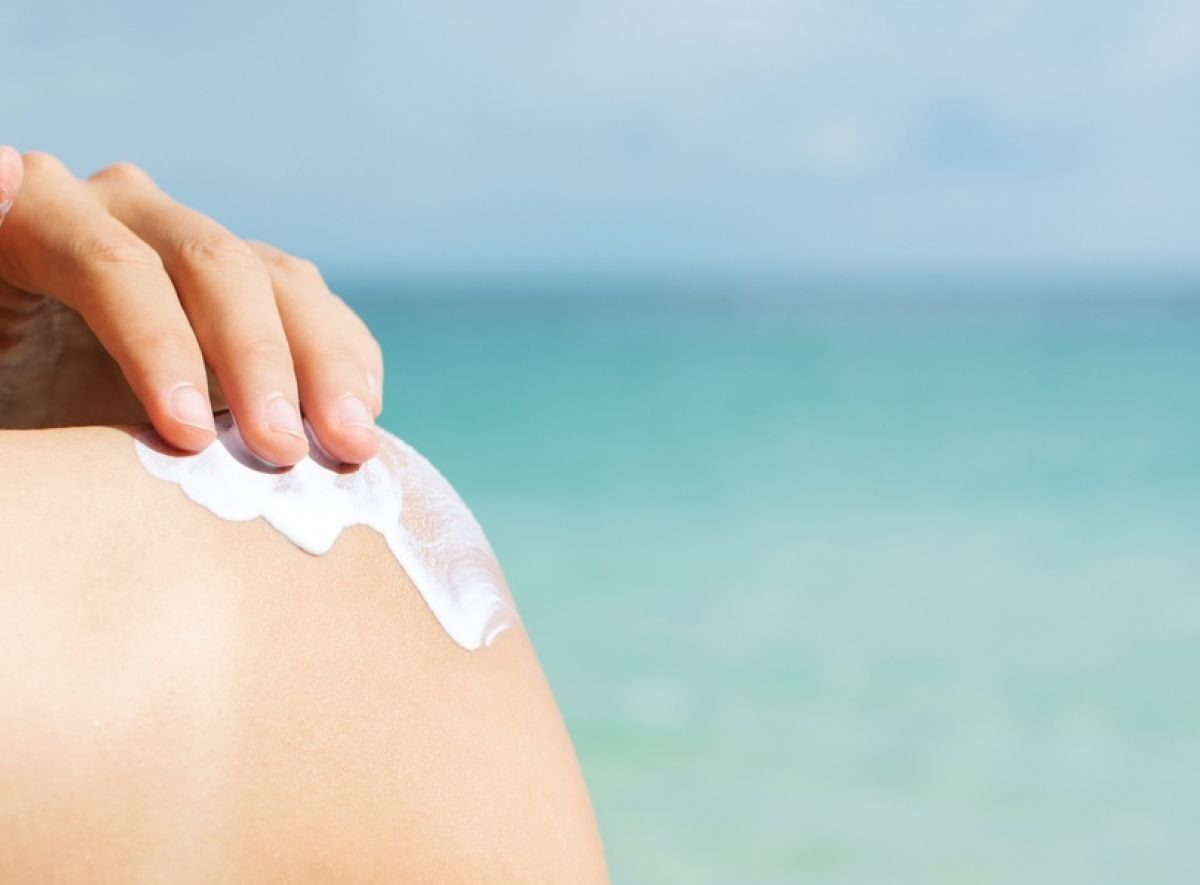On the 9th of September, the European standardisation bodies CEN and CENELEC published the 2021 amendment, EN ISO 13485:2016+A11:2021 – ‘Medical devices – Quality management systems – Requirements for regulatory purposes’, featuring new annexes ZA and ZB that link the requirements of the Medical Device Regulation (MDR, EU 2017/745) and the In Vitro Diagnostics Regulation (IVDR, EU 2017/746), respectively, to specific clauses of the standard.
EN ISO 13485:2016+A11:2021 provides regulatory requirements for the manufacturer’s Quality Management System (QMS) that ensures consistent design, development, production, installation, and delivery of medical devices. Although ISO 13485:2016 is not mandatory for EU MDR/IVDR compliance, it is a commonly acknowledged standard to demonstrate the compliance to the MDR/IVDR requirement of having a QMS implemented.
What is new?
The new Annexes link clauses of the standard with requirements in the MDR and IVDR on:
– The general obligations of the manufacturer in MDR/IVDR Article 10 (Tables ZA1 for MDR and ZB1 for IVDR);
– The quality management system (QMS) requirements in MDR/IVDR Annex IX on conformity assessment based on a QMS and on assessment of technical documentation (Table ZA2 for MDR and ZB2 for IVDR); and
– The QMS requirements in MDR/IVDR Annex XI on conformity assessment based on product conformity verification (Table ZA3 for MDR and ZB3 for IVDR).
Annexes ZA and ZB publication now clarifies where compliance with the standard is not sufficient, or only partly sufficient, to meet EU regulatory requirements.
It is expected that the European Commission will add EN ISO 13485:2016+A11:2021 to the slowly growing list of standards harmonized under the MDR and the IVDR before the end of 2021, once reference to this standard is published in the Official Journal of the European Union, which would then allow medical device manufacturers to claim a presumption of conformity with identified clauses of the MDR/IVDR.
The current list of standards harmonized under the MDR/IVDR can be accessed here.
If you wish to know more information about amendment EN ISO 13485:2016+A11:2021 – ‘Medical devices – Quality management systems – Requirements for regulatory purposes’ feel free to contact us at info@criticalcatalyst.com.















